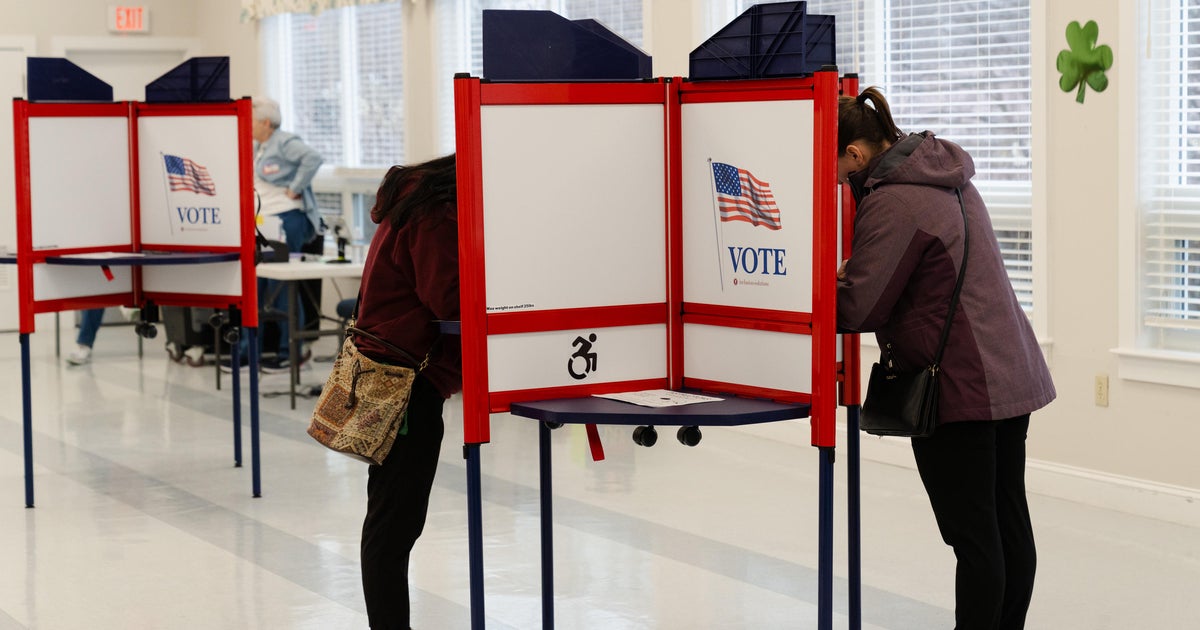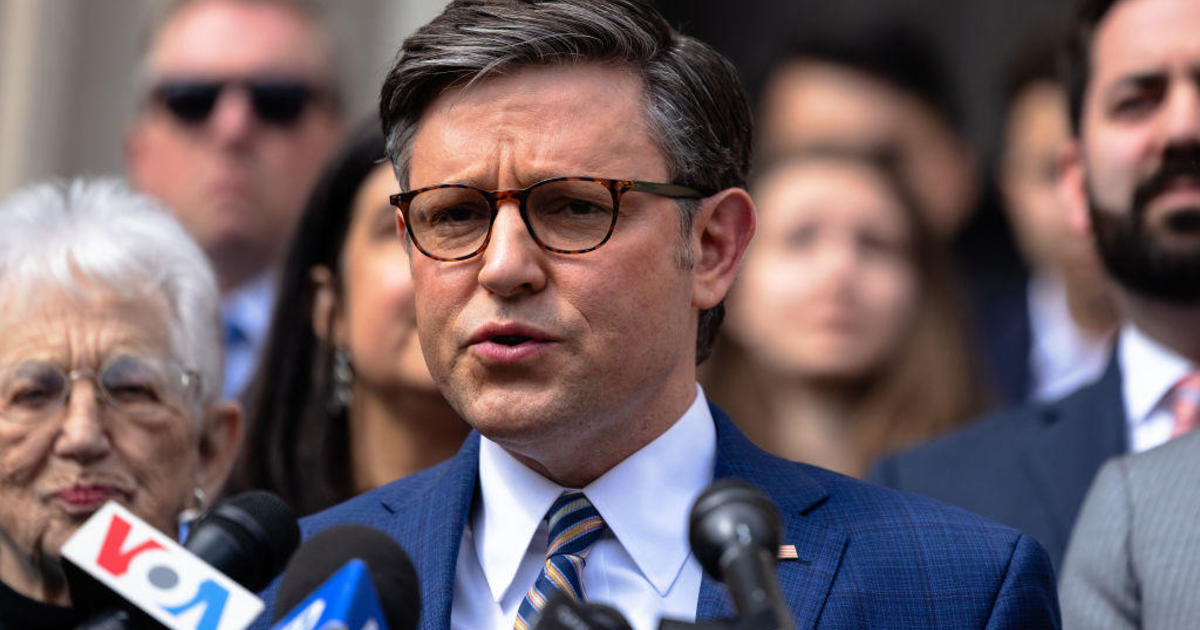Sean Spicer: Draft order on interrogation methods "is not a White House document"
WASHINGTON -- White House press secretary Sean Spicer said that a draft executive order on U.S. interrogation methods did not originate in the White House.
“It is not a White House document,” Spicer said at the White House briefing Wednesday. “I have no idea where it came from, but it is not a White House document.”
According to the document, which was purported to be a draft executive order, President Trump was said to be considering a major review of America’s methods for interrogating terror suspects and the possible reopening of CIA-run “black site” prisons outside the United States, according to reporting by CBS News and other media outlets. The New York Times was the first to report on on the document.
The document would have instructed the Pentagon to send newly captured “enemy combatants” to the U.S. detention facility in Guantanamo Bay, Cuba, asked for a national security recommendation on restarting the extraordinary rendition program. The document also says U.S. laws should be obeyed at all times and explicitly rejects “torture.”
But its reconsideration of the harsh interrogation techniques banned by President Barack Obama and Congress is sure to inflame passions in the United States and abroad. While some former government leaders insist the program was effective in obtaining critical intelligence, many others blame it for some of the worst abuses in the “war on terror” after the Sept. 11, 2001, attacks in the United States.
The reports of an upcoming order sparked alarm among Republicans as well as Democrats.
“The president can sign whatever executive orders he likes. But the law is the law,” said Republican Sen. John McCain, who was held captive during the Vietnam War. “We are not bringing back torture in the United States of America.”
In a statement, McCain said that the CIA’s new director Mike Pompeo pledged in his recent confirmation hearing before the Senate that he would “comply with the law that applies the Army Field Manual’s interrogation requirements to all U.S. agencies, including the CIA.” Defense Secretary James Mattis vowed the same.
At a news conference Wednesday, House Minority Leader Nancy Pelosi called the proposed orders “This would be a step backward and I’m not alone in thinking that the path he’s going down is wrong,” Pelosi said at a news conference.
“Don’t ask me, just ask John McCain and others,” she added. “Reverting to that again does not support our values, but also endangers our people, whether it’s from a security standpoint, the intelligence community or the military. It’s wrong and I hope he will listen to even some Republican leaders on this subject.”
A top Senate Intelligence Committee aide told CBS News’ Nancy Cordes that the laws prevent Trump officials from being able to do much in this arena on their own -- they would have to go through Congress. That’s why the draft calls for “review” of several different detention policies rather than outright changes to those policies.
On the campaign trail, Trump spoke emphatically about toughening the U.S. approach to fighting the Islamic State group. He said he would interrogate terror suspects with the outlawed practice of waterboarding, which simulates drowning, and a “hell of a lot worse.” Since becoming president, however, he has tempered those calls, noting his Defense Secretary James Mattis’ advice that torture is ineffective.
President George W. Bush publicly acknowledged the clandestine CIA-run detention facilities in 2006. After condemnation in much of the world, Obama ended the program in his first days in office.
A 2014 report led by Senate Democrats said the CIA’s interrogation program was more brutal than previously understood and failed to produce unique intelligence that couldn’t have been obtained through more traditional methods.
The document criticizes Obama for refraining from exercising powers critical to America’s defense, such as by opposing detentions at Guantanamo and allowing the “nation’s most sensitive interrogation methods” to be revealed. Such efforts had a “predictably negative impact on the morale of our intelligence community.”
It calls for “modifications” and “additions” to interrogation policies “as consistent with the law, for the safe, lawful, and effective interrogation of enemy combatants captured in the global war on terrorism.”
It asks for “any updates or modifications” to a 2007 executive order signed by Bush that ordered limited compliance with the Geneva Conventions. Obama revoked that order after coming to office in 2009.
On Guantanamo, the draft says detention facilities “are a critical tool in the fight against international jihadist terrorist groups who are engaged in armed conflict with the United States, its allies and its coalition partners.” About 40 detainees remain there.
The document says “over 30 percent detainees” who’ve been released have returned to armed conflict, with at least a dozen conducting attacks “against U.S. personnel or allied forces in Afghanistan.” Six Americans, including a civilian aid worker, died as a result of those attacks.
CBS News’ Nancy Cordes contributed to this report.
Read the document here:



